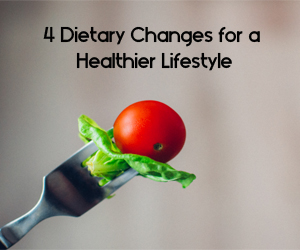As we get older, it is important to watch our diets and maintain healthy eating habits. Good nutrition can be a means of preventive medicine and can help ensure your quality of life.
- Fruits and vegetables
Fruits and vegetables should make up half of your plate at every meal, which should equal 2 cups of fruit and 2.5 cups of vegetables per day. Also, make sure that you are eating a variety of different fruits and vegetables by eating different colors. Different colors contain different vitamins, minerals and nutrients.
- Fiber
Fiber is one of the easiest things to get more of in your diet. Since fiber comes from whole grains, switching white rice for brown rice and pasta for whole wheat pasta is a quick fix for adding extra fiber. A high fiber diet helps to reduce belly fat, increases energy, and can reduce the risk of cancer, diabetes and heart disease.
- Hydrate
Since our bodies are made of mostly water, we need to hydrate! As we age, our brains may not be equipped to sense dehydration and sense the signals to you need more water. If you have trouble drinking enough water, create a schedule for yourself to drink water in throughout the day.
- Watch the fats
While some fats are necessary for a healthy diet (such as omega-3), bad fats like trans and saturated fats should be avoided as much as possible. A good way to reduce those fats is by switching from whole milk to low-fat or fat-free milk. Also, instead of red meat, switch it up and wat more poultry and fish.
Nutrition is a crucial part of maintain a healthy lifestyle, and making subtle changes, like the ones above, can help increase brain activity, prevent chronic illness and improve mental health.
